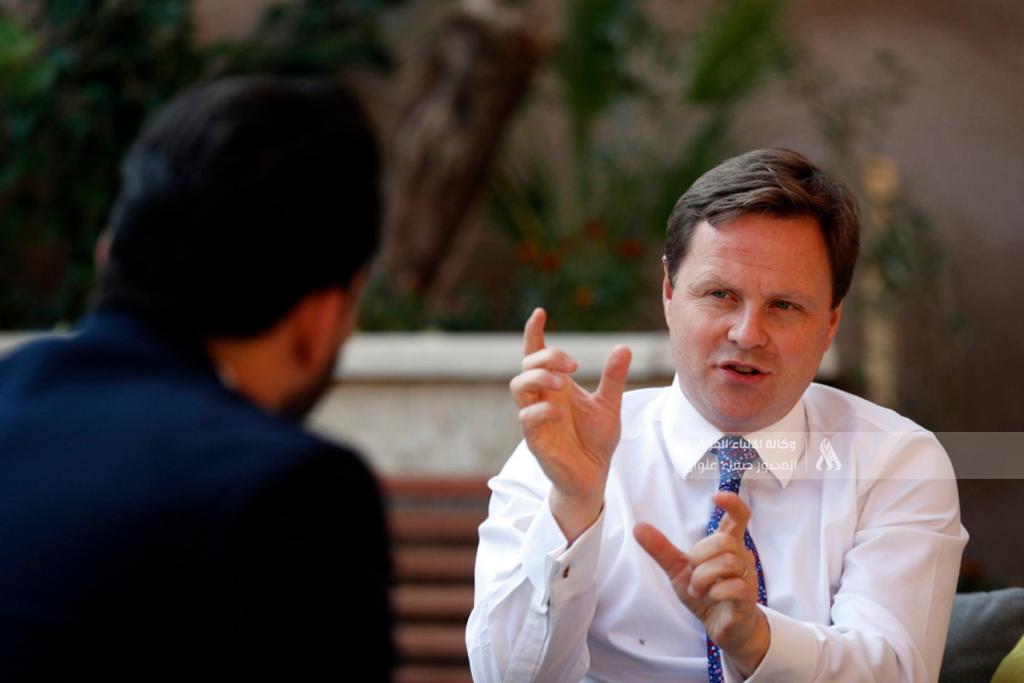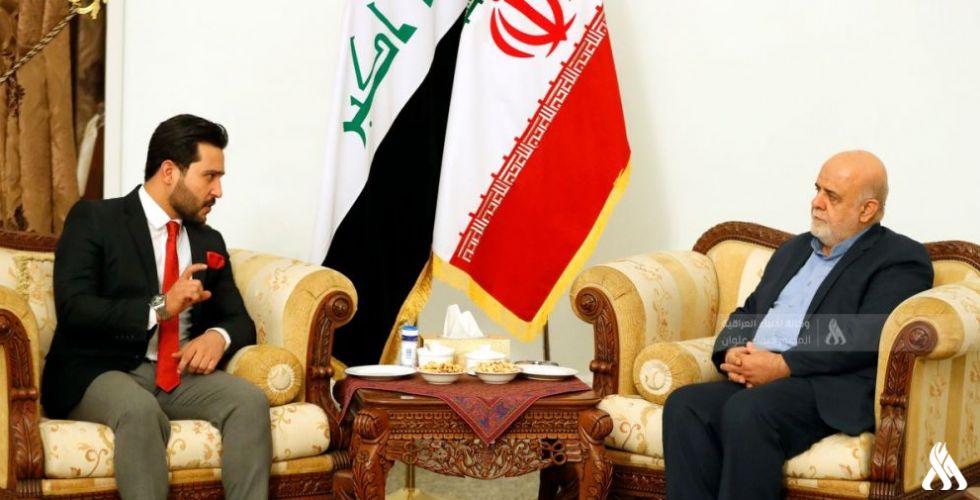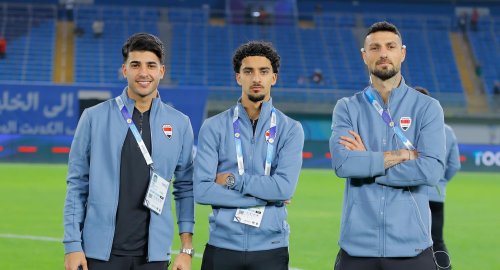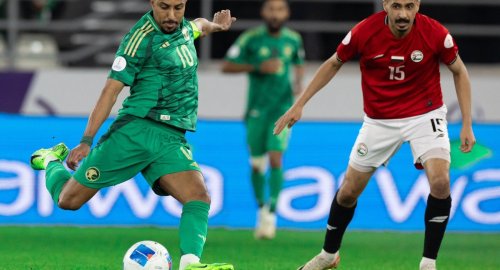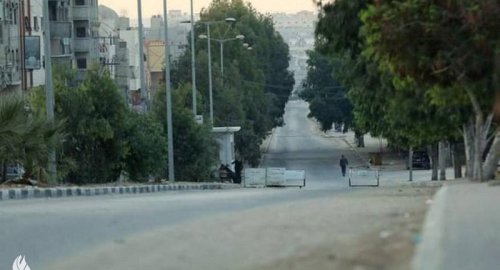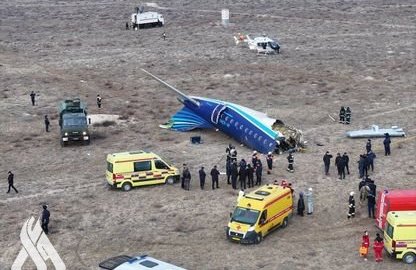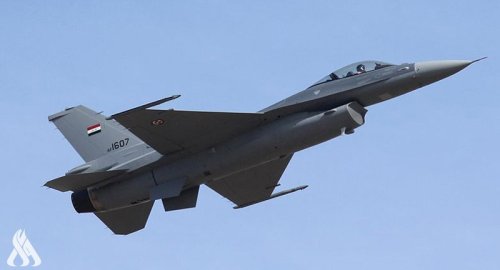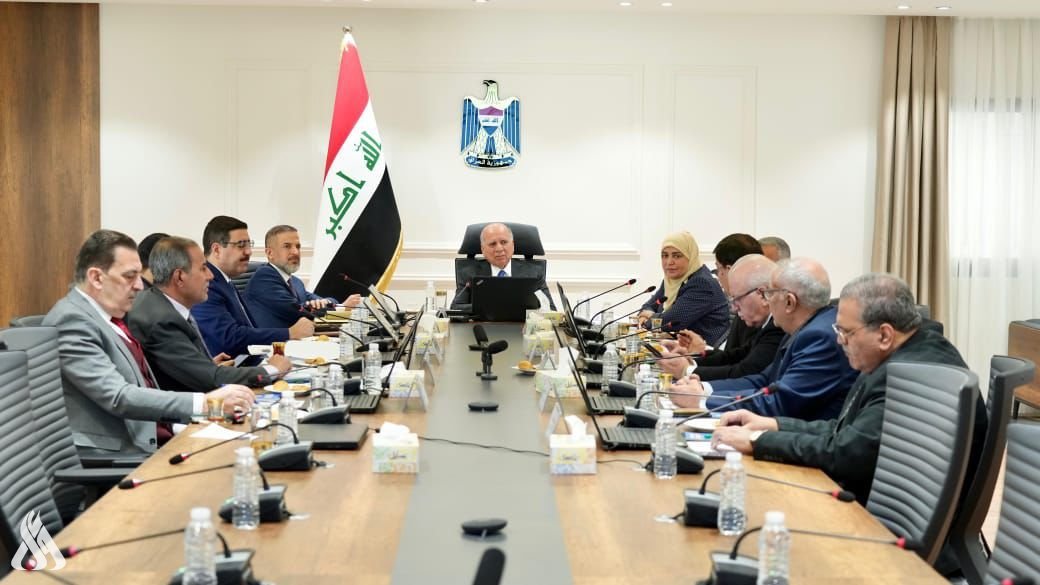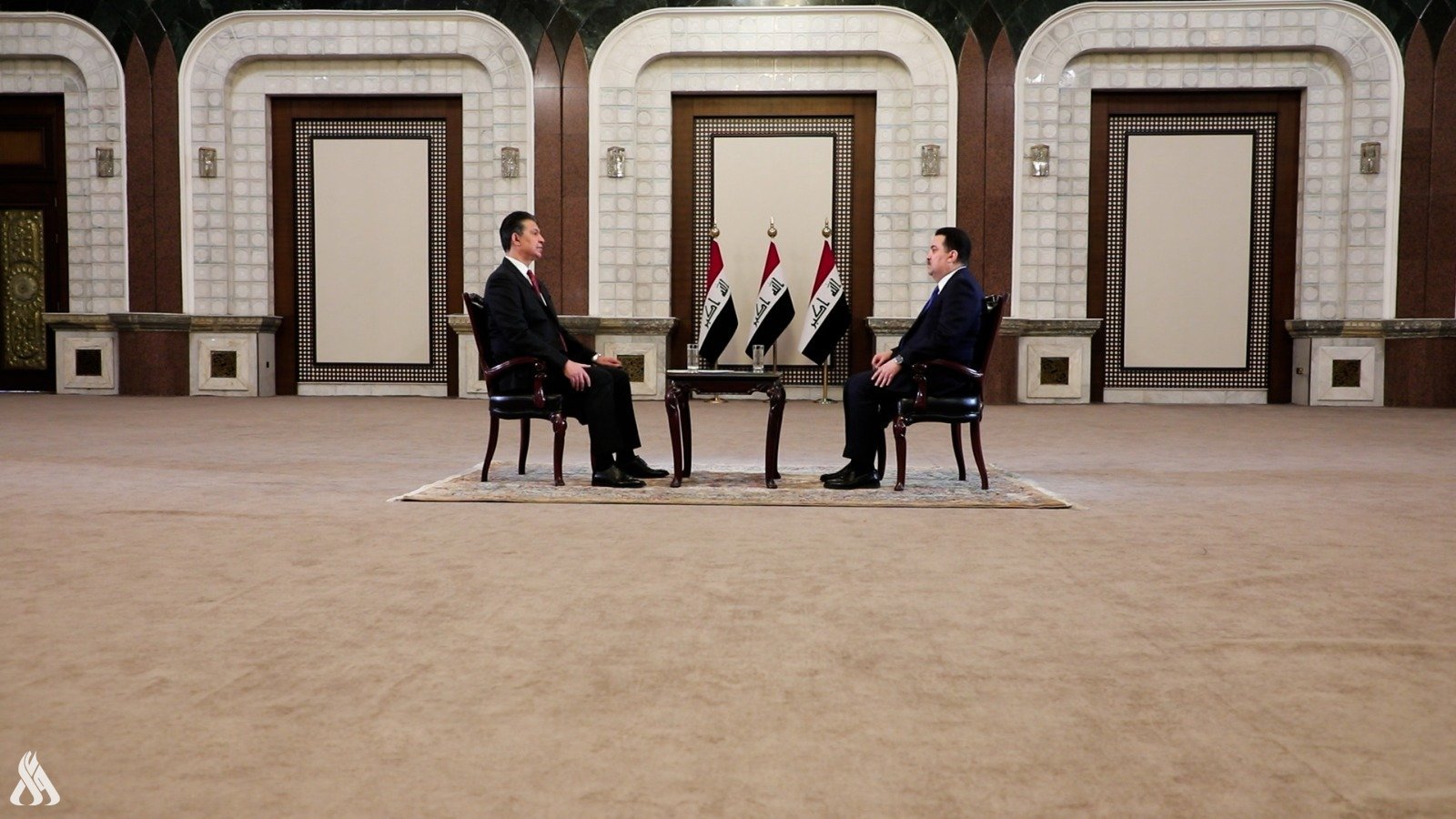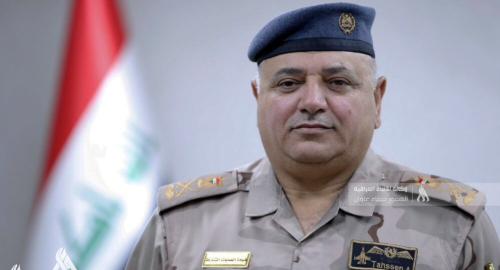
JO: Security forces need continued international support

- 28-07-2021, 12:48
The Joint Operations Command confirmed that the international support is still continuing to provide assistance to Iraq, while indicating that the security forces need continued support to raise their armament capabilities.
The official spokesman for the leadership of Joint Operations, Major General Tahsin al-Khafaji, said, that "the international community contributed to assisting the Iraqi security forces in fighting and pursuing terrorist gangs of Saesh by providing air support and providing intelligence information, as well as training and arming. He added that "the side of training and armament is still provided by the international community to the security forces so far, as well as counsel on work and intelligence efforts.
He pointed out that "the international community has so far contributed to providing air strikes in case the country needs drones," noting that "the security forces need to continue training to raise their abilities and capabilities through acquiring high and advanced weapons and equipment that contribute greatly to tracking the terrorist organization of Daesh. Terrorism is evolving and requires advanced training to confront it.
The spokesman for the Commander in Chief of the Armed Forces, Major General Yahya Rasoul, said, all that Iraq needs from the international coalition is for a new relationship based on partnership in the issue of combating terrorism, and supporting the Iraqi armed forces with training, equipment and armament, in addition to the intelligence effort.
He pointed out that "Iraq's relationship with the international coalition will be based on the issue of increasing expertise, training, advice, arming and support for the security forces in these areas," stressing "there is no need for any foreign combat forces on the ground. It is noteworthy that the meeting of Prime Minister Mustafa Al-Kadhimi at the White House with US President Joe Biden witnessed the confirmation of the absence of combat forces by December 31.
Syria: Imposing a curfew in the city of Homs
- International
- 07:45
Azerbaijan declares mourning after civilian plane crash
- International
- 07:42
An airstrike destroys an ISIS cave in Hamrin Mountains
- Security
- 07:35
US Central Command: We killed ISIS terrorist leader Abu Yusuf in Syria
- International
- 24/12/20
Liverpool compete with Real Madrid to sign Olympique Lyonnais star
- Security
- 24/12/19
7 ISIS elements arrested in Kirkuk
- Security
- 24/12/20

